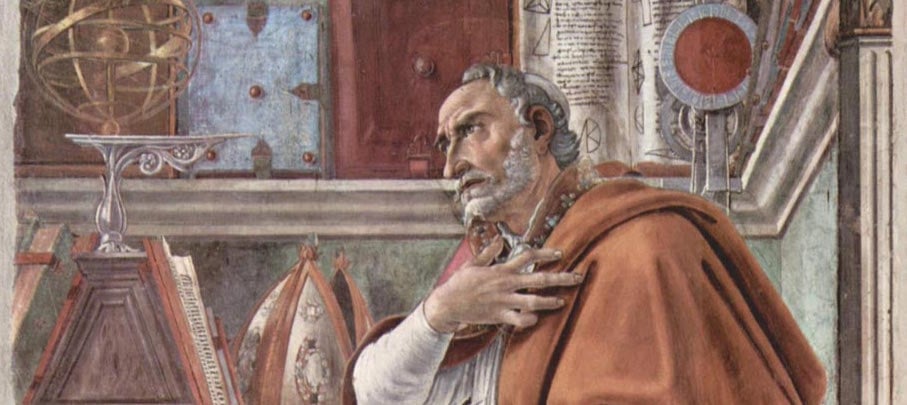The complex recounting of the “theft of the pears” in Book 2 of his Confessions is often distilled into Augustine’s famous evaluation of the act: “I simply wanted to enjoy the theft for its own sake, and the sin” (nec ea re volebam frui quam furto appetebam, sed ipso furto et peccato) (4.9).[1] The entire tale, so it is thought, is a potent lesson in the irrationality of sin: so twisted is our desire, intellect, and will that we seek sin simply for its own sake. Augustine’s narrative, in fact, partially supports this reading: “I was under no compulsion of need…Yet I wanted to steal, and steal I did. I already had plenty of what I stole, and of much better quality too, and I had no desire to enjoy it when I resolved to steal it” (ibid.). In this chapter we find, it seems, a shocking revelation unknown to the ancient world’s more optimistic evaluations of human freedom: so profound is our corruption that we are capable, perversely capable, of willing evil for its own sake.
Login to read more
Sign in or create a free account to access Subscriber-only content.
Topics:
